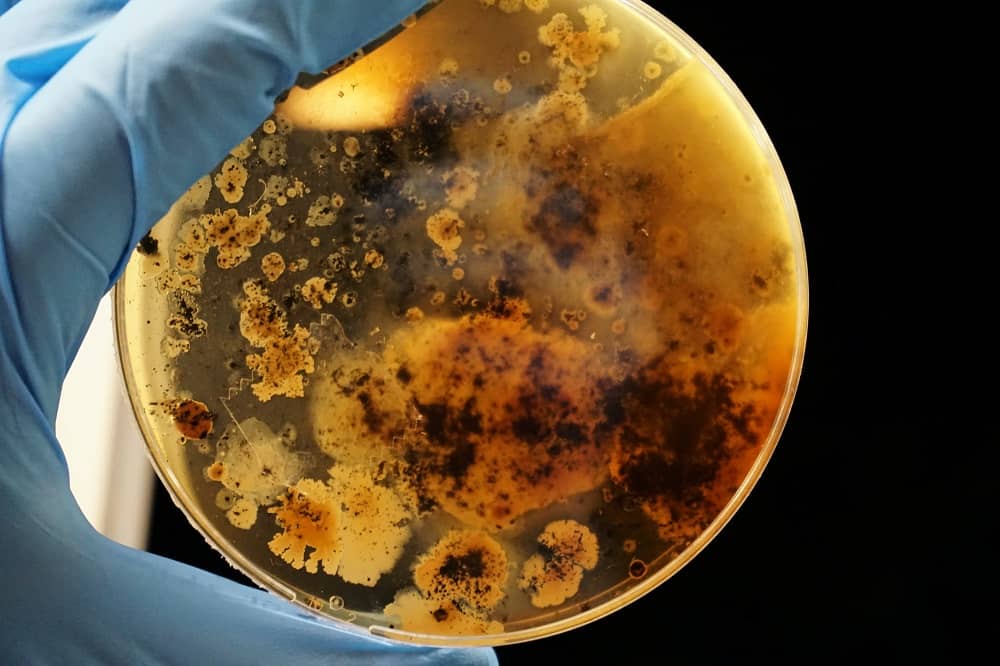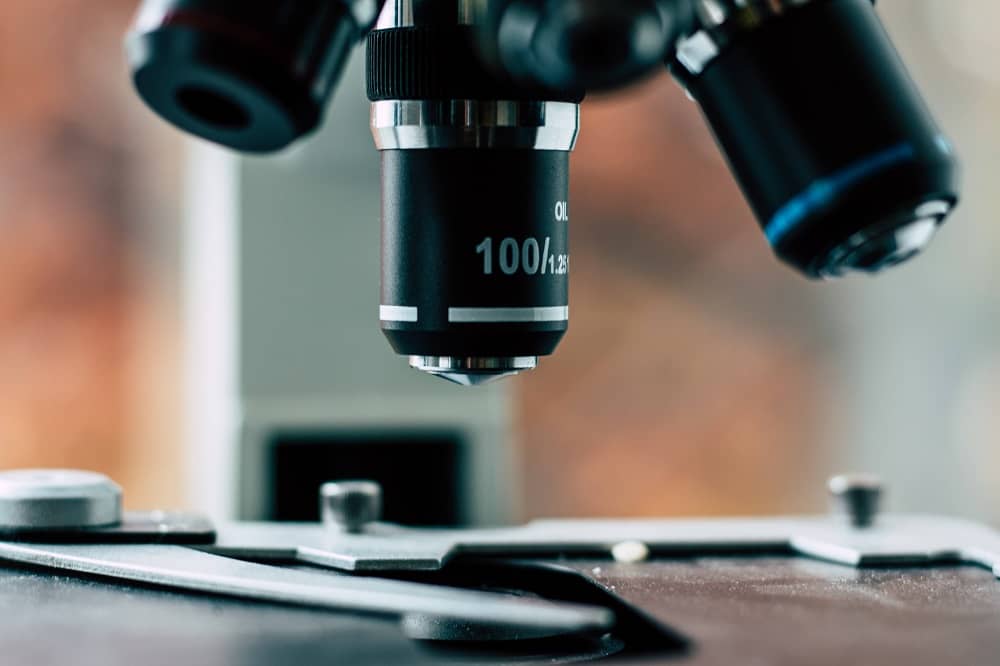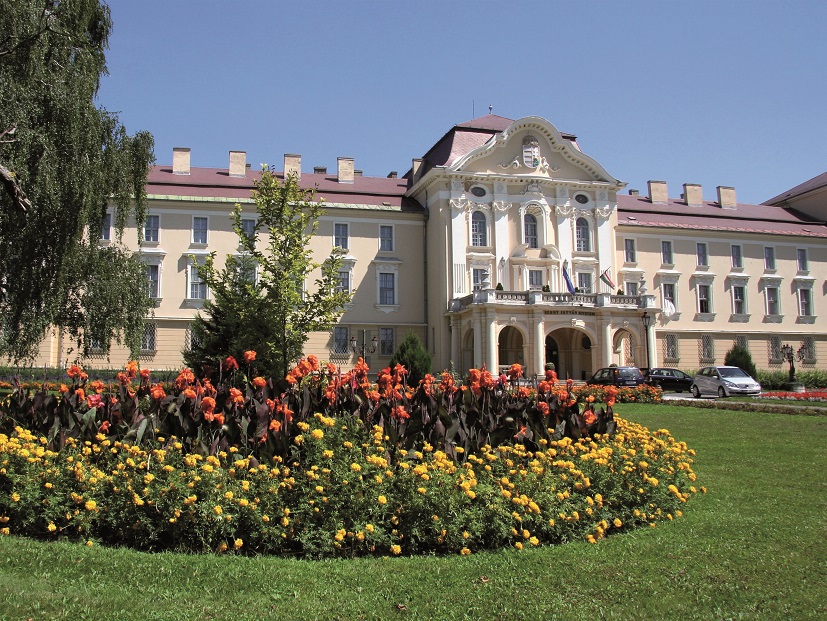The scientific interest in bacteria, isolated from plastic surfaces is among the highest when it comes to finding solutions to the problem of the ever-increasing volume of plastic waste in the world. Researchers of the Hungarian University of Agriculture and Life Sciences, however, have discovered a new strain of bacteria during a beach holiday.
As Dr István Szabó, the associate professor of the University recalls: “Years ago, during a holiday in Greece my daughter was collecting shells on the shore and picked up some plastic straws as well to demonstrate how polluted our environment is. Then she asked me: are there germs living on this as well?”

The question stuck with Dr Szabó and urged him to collect more plastic samples from the sea. After returning home, he conducted a thorough examination in the laboratory to find out whether there are, indeed, unexpected “residents” on the plastic straws. To his surprise, Dr Szabó found that a new strand of microbe was living on these pieces of plastic waste.
“Several months passed until the publication of our article in the Journal of Systematic and Evolutionary Microbiology. Describing a new bacterium species is not limited to its identification with specific genetic methods, but multiple microbiological and analytical measurements are also required” – Dr Szabó points out the complexity of the task.

The recently discovered species, Parvularcula mediterranea was analysed by a group of researchers: for example, the author of the first article was Jafar Al-Omari, a Stipendium Hungaricum doctorate student who is conducting his research at the University. Another member of the group was Jeffrey Griffitts as well, who is a guest researcher from the Southern Nazarene University.

This is not, by far, the first new bacterium the researchers of the University have found: during the past few years multiple new species were described at the university. Then again, discoveries in this field are almost infinite: while we have already found more than 99% of mammals, only around 1% of all the bacteria out there have been discovered yet.
Links and sources: